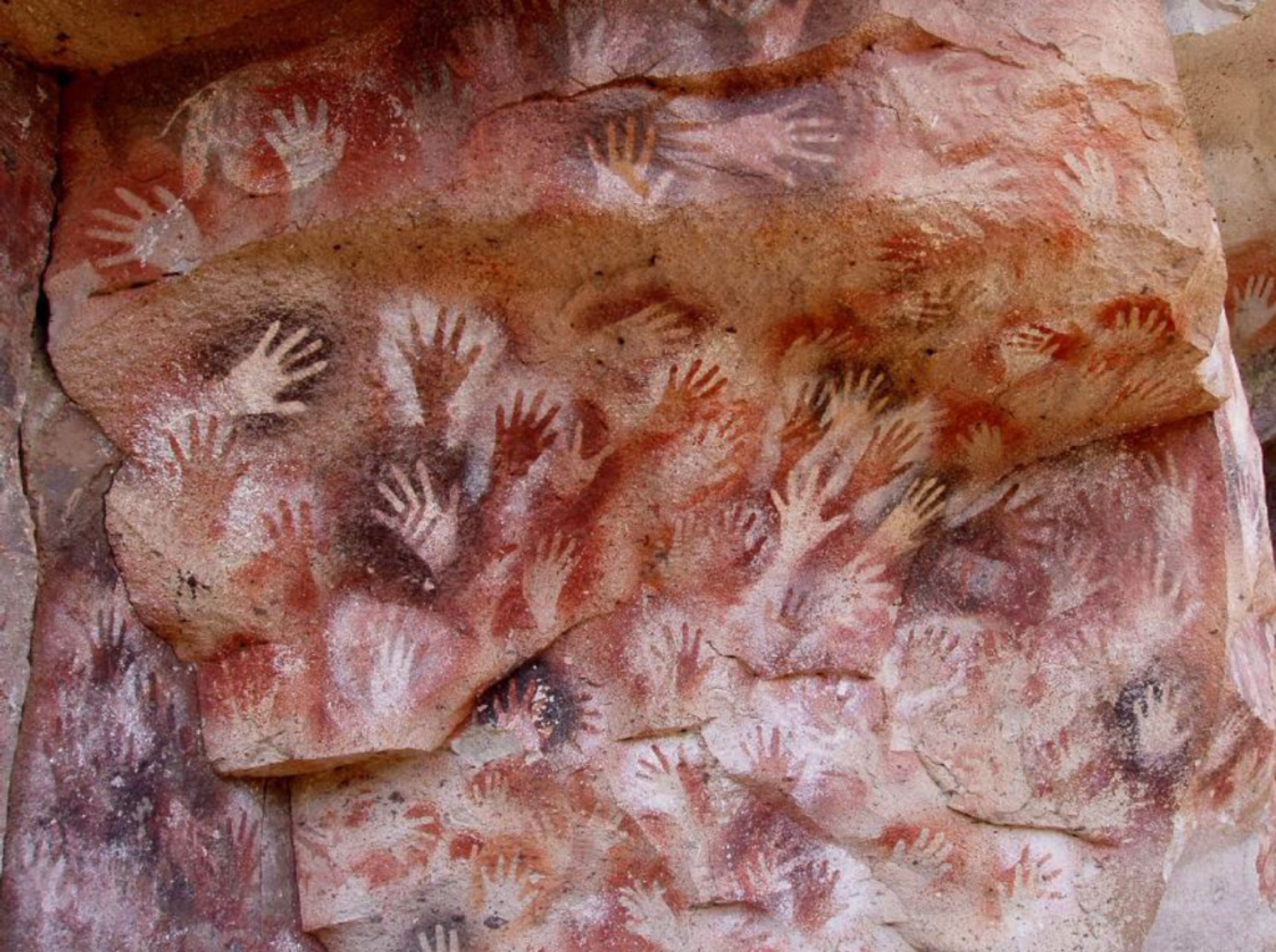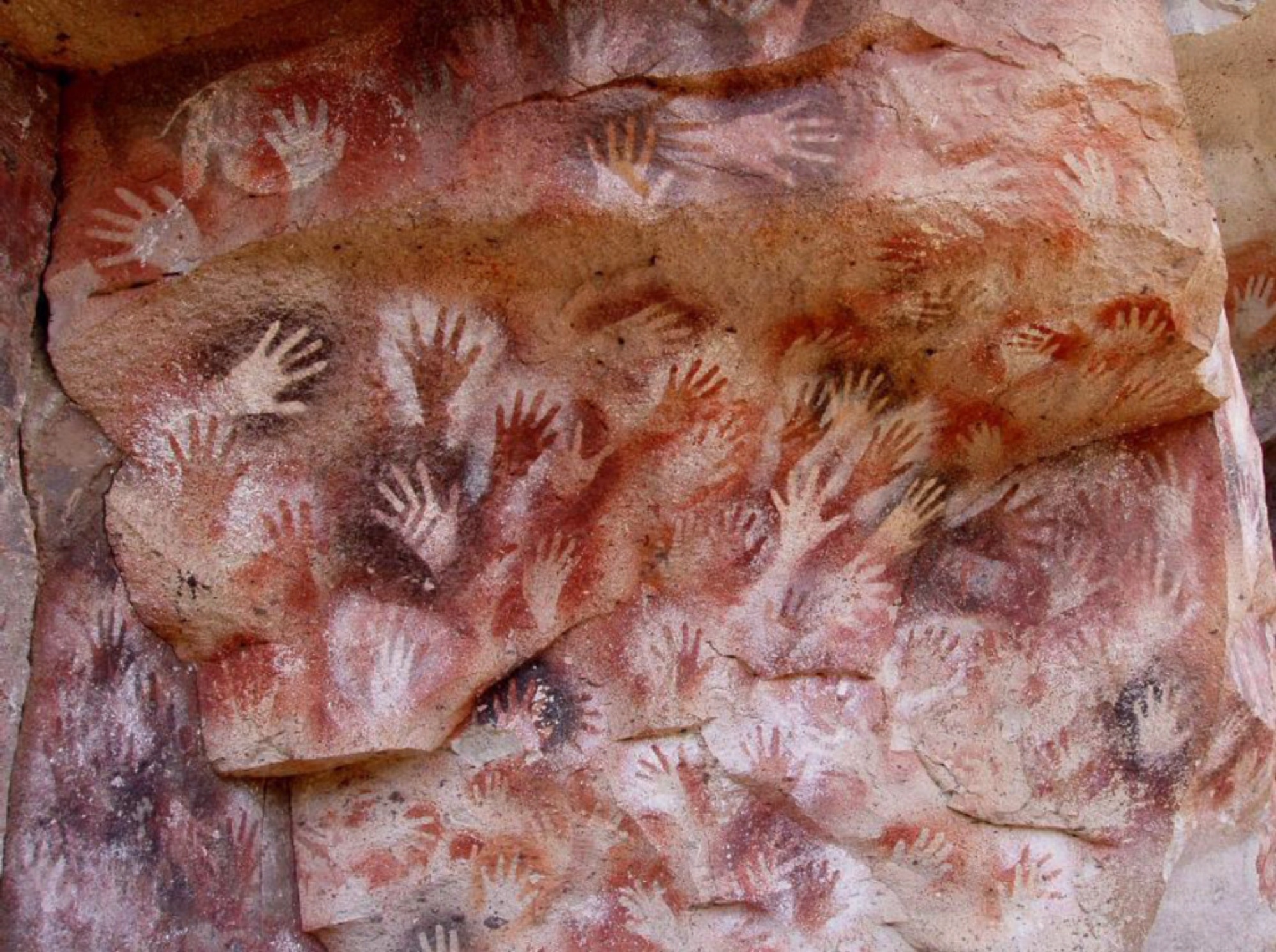Volatile, limited to time and space, everything for me and another to others – What's the story of ''Myself''? The only thing in common with all that comes across you is yourself. And in a way, your conscience is the composer of what you perceptive as the world. This immersive ''me'' is complex to the point of realizing it will never experience death, it grasps the concept as others pass away, but it’ll never be around to perceive it. Though the urge to perpetuate our uniqueness is primal, humans have been saying "This is Me" for a long time. Looking at those thousands-of-years old hand prints, it is hard to realize that they are from people with hopes and fears, dreams and stories, with a self like yours, and even a name. But since writing hadn't been invented yet, humans had to wait until Mesopotamia for the future to refer to them with carved names. Names are almost like definitions of their holders, and the most ancient was found in a 5,000-year-old clay tablet, signed by an accountant. Names have since became symbols of their owners’ memory, and they are worn with pride. In one episode of Homer's Odyssey, Ulysses manages to fool Polyphemus, Neptune's cyclops son, into calling him "Nobody", to escape from an island. But when back on the ship, instead of keeping the safer anonymity, he screams to the beast, "It was Ulysses that fooled you!", revealing his identity and thus dooming himself to suffer Neptune's revenge. The distinction we make today between an artist and a craftsman wasn't clear until the renaissance. Art was meant to represent reality, to mimic rather than "improve", so the vision of its maker was not a relevant matter. With the birth of Anthropocentrism, individual vision gained relevance, and artists started to feel like their pieces expressed a unique inner reality, inseparable from their personality. They then started to sign the paintings, developing today's notion of an illuminated person behind the piece. Artists like Giotto, Botticelli, Pollaiuolo and Piero della Francesca were some of the first with a signed name. In an era of crowds, when the masses speak louder than any individuality, whose names will the future remember?
- Artur Deus Dionisio (VERY likely not the answer to the question)


 Uomo della caverna della provincia di Santa Cruz, Argentina
Uomo della caverna della provincia di Santa Cruz, Argentina